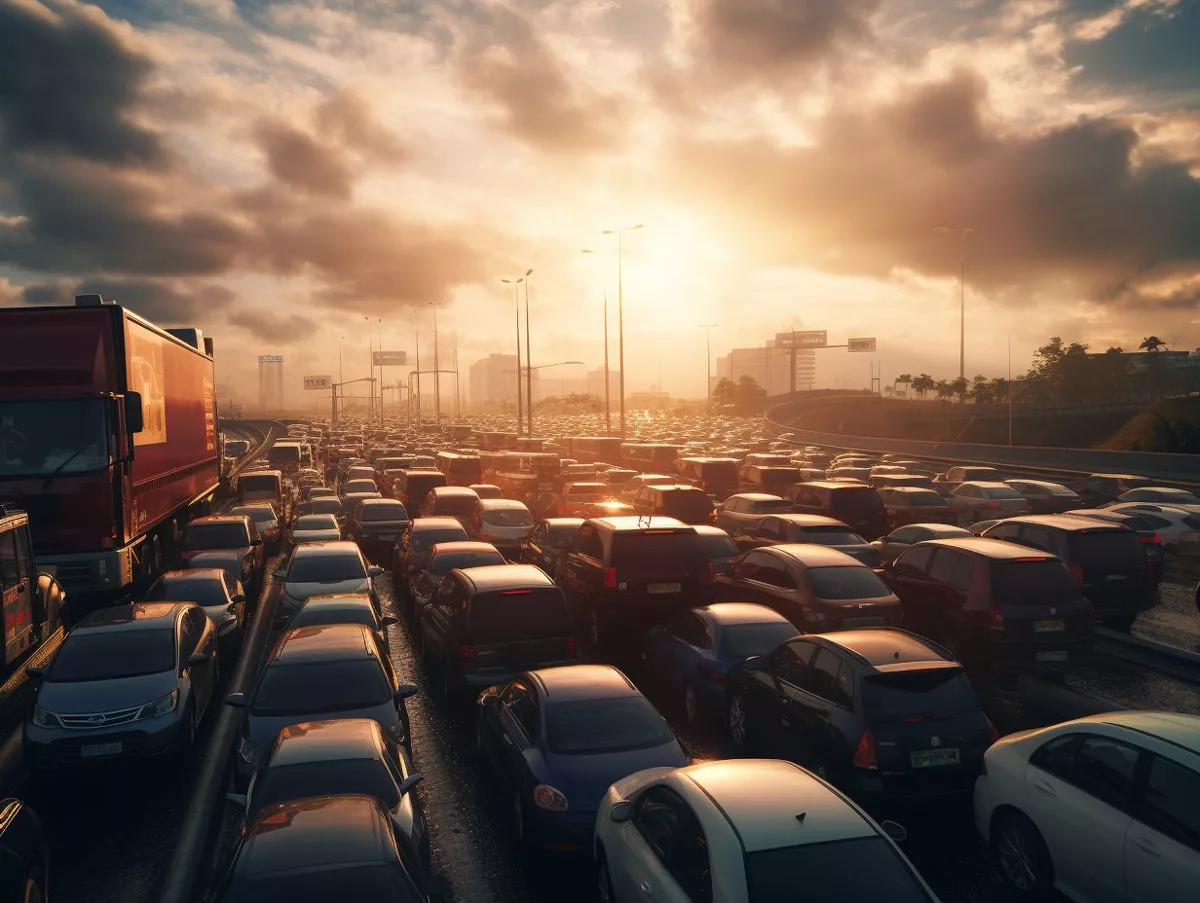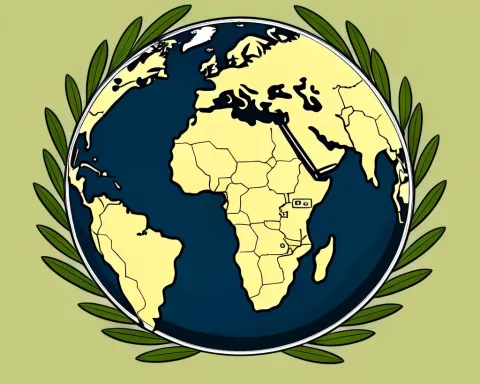South Africa is preparing for a potential vehicular chaos on December 15, 2023, due to a rare combination of events, including the Rugby World Cup victory, the end of the school year, and a drop in fuel prices. The South African National Roads Agency warns that the N1 toll road, N3, and N4 will be the busiest during this time, with potential accidents and delays at toll roads. Travelers are advised to consider alternative routes or driving on Christmas Day and Boxing Day to avoid this historic traffic surge.
What Could Be the Cause of the Unprecedented Traffic Surge in South Africa?
The unusual surge in traffic on December 15, 2023, in South Africa is due to a unique combination of three unrelated events: the Rugby World Cup victory, the end of the school year for all public and private schools, and a recent drop in fuel prices, encouraging more people to travel by road. The South African National Roads Agency warns that the N1 toll road, N3, and N4 will be the busiest during this time, with potential accidents and delays at toll roads. It’s advisable to consider alternative routes or driving on Christmas Day and Boxing Day to avoid this traffic surge.
The Unusual Collision of Events
Friday, 15th December 2023, will be a day that will be etched in the memory of South Africans not because of a significant political event or a significant sports achievement, but for a unique happening that will push the nation’s road network to its limits. The obvious question here is, what could possibly be the cause of such an extraordinary surge in traffic? A rare alignment of three unrelated events forms the answer to this question, which is set to create what can only be described as a potential vehicular chaos on South African roads.
The triumphant victory of Siya Kolisi and the Boks in the Rugby World Cup, which prompted President Cyril Ramaphosa to announce a public holiday on 15th December 2023, is the first event. This day also marks the conclusion of the school year for all public and private schools, leading to families embarking on their end-of-year holidays. Add to this the recent drop in fuel prices, which has encouraged more people to travel by road, and we have the perfect ingredients for a surge in traffic.
The Pressure on Roadways
The South African National Roads Agency (SANRAL), armed with historical data, has confirmed that 15th December 2023 stands to be the busiest day ever experienced on South African roads. The data collected by SANRAL has given them an indication of which roads will suffer the most from this unusual traffic spike.
The N1 toll road is predicted to be overflowing with traffic as foreign nationals make their way back to Zimbabwe and vacationers head off to Kruger and its surrounding areas. Those planning to travel on the N1 should prepare for heavy traffic, potential accidents, and delays at toll roads.
Although Durban’s beaches might be off-limits this December, it’s unlikely to stop city residents from their yearly journey to KZN via the N3. The N3 is expected to experience its share of toll-road congestion and accidents, so caution is advised. Some might even contemplate choosing a different destination to avoid the disorder.
Alternative Routes and Recommendations
The N4, the main road linking South Africa with Mozambique, will be another hotspot for holiday-goers, perhaps even more so with Durban’s beaches being closed. The border posts on the N4 will be chaotic, and the frequent roadwork stops are likely to further increase travel times. It’s recommended to set off as early as possible and factor in possible disruptions.
According to SANRAL’s data, those who wish to avoid the busiest day on South African roads might want to consider driving on Christmas Day and Boxing Day, which are traditionally the days with the least traffic during the year.
The Unprecedented Outcome
This unique situation provides a fascinating illustration of how unrelated events – a sports win, the end of a school year, and a decrease in fuel prices – can result in an unforeseen result: the busiest day ever on South African roads. The 15th of December will be a testament to our endurance as road users, a day of patience being tested, and a mirror reflecting the dynamic life that flows through our roads.
When is the historic traffic surge expected in South Africa?
The historic traffic surge is expected on December 15, 2023.
What are the three events that will cause the unprecedented traffic surge?
The unprecedented traffic surge is caused by a unique combination of three events: the Rugby World Cup victory, the end of the school year for all public and private schools, and a recent drop in fuel prices.
Which roads will be the busiest during this time?
The N1 toll road, N3, and N4 are expected to be the busiest during this time.
What are the potential risks for travelers during the traffic surge?
Travelers are warned of potential accidents and delays at toll roads.
What are the recommended alternative routes for travelers to avoid the surge?
Travelers can consider alternative routes or driving on Christmas Day and Boxing Day to avoid this traffic surge.
What does this unprecedented traffic surge illustrate?
This unprecedented traffic surge is a unique illustration of how unrelated events can result in an unforeseen outcome. It also reflects the dynamic life that flows through South African roads.












